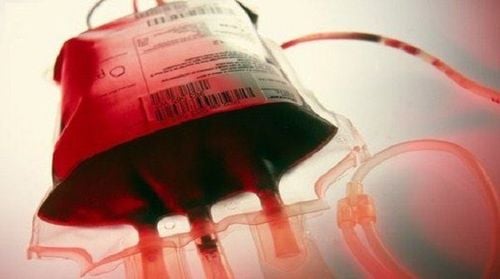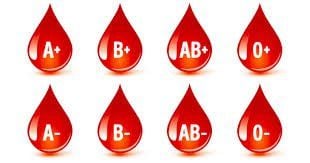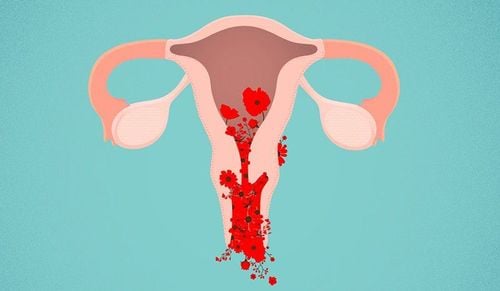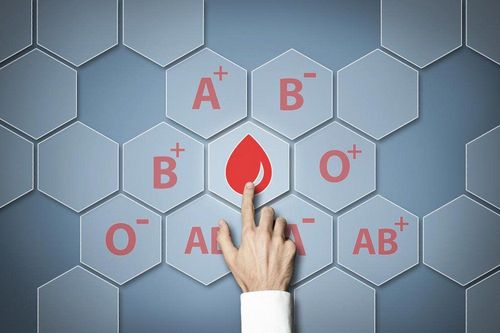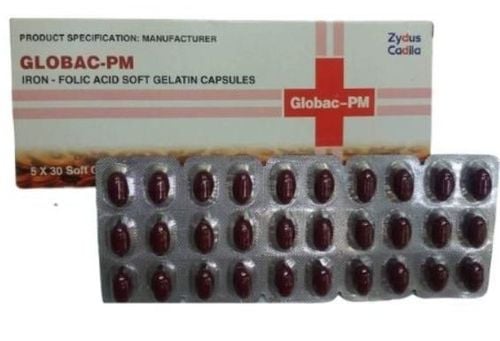This is an automatically translated article.
Many people are still hesitant about donating blood which can be harmful. The truth is not so. Even this is an opportunity to help improve health better and patients can also have tests when donating blood.
1. What is blood donation?
To date, blood is the only biological product that cannot be synthesized artificially. In other words, when a patient is severely anemic, the blood source is fully reimbursed from the donor. Therefore, blood donation is considered a noble gesture for the community, the most meaningful thing that a person can do to help others.
Blood donation is mainly red blood cell donation. Blood consists of plasma, which makes up 55% of blood volume, and blood cells, which make up the remaining 45%. Blood cells include red blood cells, which make up the most number, followed by white blood cells and platelets. The life of red blood cells is about 90 days, which is the longest of any blood cells. This is the time it takes for a red blood cell to be born, function, and be destroyed in the liver and spleen. In other words, every red blood cell circulating in the blood is in turn produced by the bone marrow and replaced after its job is done. Therefore, when giving a very small amount of blood in the body, it does not affect the self, but for the recipient it is a new "source of life".
In addition, blood components are also used after donation such as platelet donation, plasma donation... However, the number of cases requiring red blood cell donation still accounts for the majority.
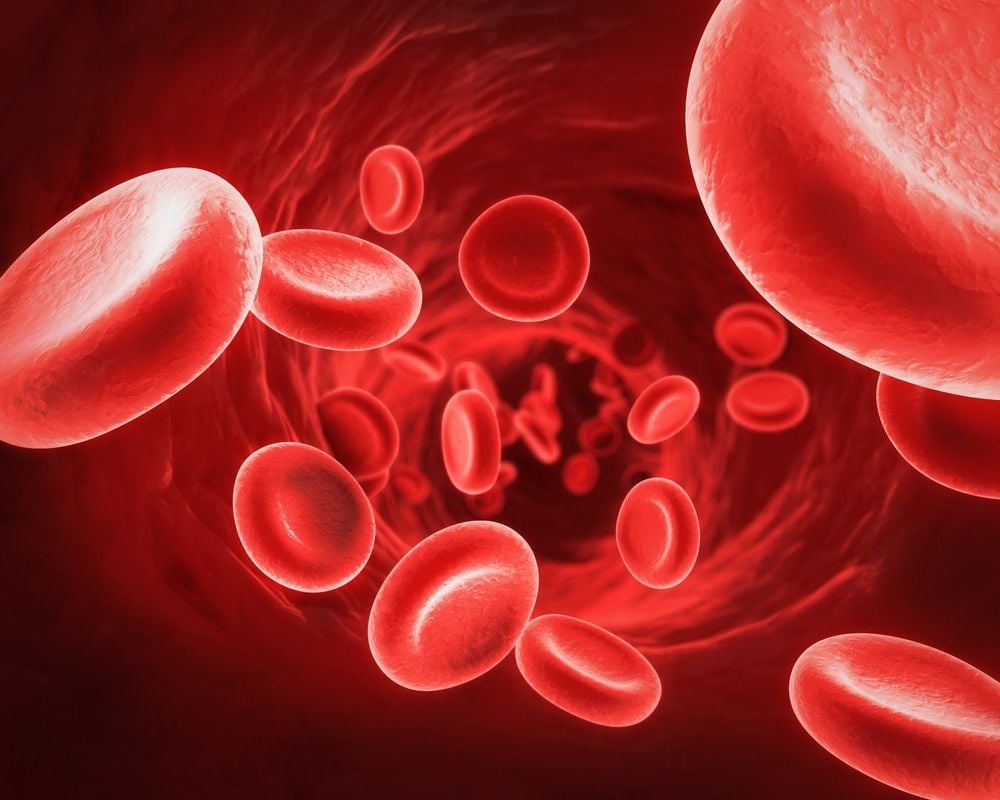
Xét nghiệm khi hiến máu là cơ hội giúp kiểm trả sức khỏe.
2. How is blood donation done?
Donated blood is taken directly from the donor's body and put directly into the recipient's body. However, for blood to be used effectively, it needs to be processed through many complex stages.
First, for those who are about to donate blood, it is necessary to prepare well physically and mentally. The night before donating blood, you need to get enough sleep and avoid working too hard. The previous meal avoids too much grease. Blood donation is usually done in the morning, when the mood and health are at their best. Blood donors should not eat anything, not even drink milk, but only drink filtered water and sugar tea. The reason is because when eating, the products of digestion when absorbed through the intestinal wall into the blood will reduce the quality of donated blood. In addition, the patient will undergo a comprehensive health check and will only be approved for blood donation if certain criteria are met.
After that, the patient is arranged to lie down comfortably on the armchair. The blood collection needle will be inserted into the large vein of the upper extremity and the blood will automatically come out according to the principle of potential energy, into the blood bag placed on the scale located lower than the heart. When the amount of blood drawn reaches the required volume, stop, withdraw the needle and apply pressure in place. During the blood draw, the medical staff can let the blood donor squeeze a soft object in the palm of his hand to speed up the blood conduction.
The collected blood is quickly preserved in accordance with regulations and brought to the center and hospital specializing in hematology. Here, blood is tested for microorganisms to rule out diseases acquired through blood transfusion, such as HIV, hepatitis B, C,... If this criterion is met, the blood will be divided according to blood type O, A, B or AB, broken down into individual components such as plasma, red blood cells, white blood cells and platelets, stored in their respective conditions and ready to be met when required.
In the case of platelet donation, the donor's blood will be collected through a mechanical system. Here, the platelet component will be separated and the remaining components in the blood will be returned to the donor's body by another way.
3. What are the tests when donating blood?
Health check before donating blood is a must for each individual. If you are accepted to donate blood, it means that you are in basically normal health. However, after blood is drawn, before being used for transfusion, every unit of blood must be tested for blood type and common infectious diseases. If an abnormality is found, the blood bag is removed. The results of these tests will be communicated to the blood donor confidentially.
Here are some tests when donating blood that donors need to know and understand about their rights to receive:
Determination of blood group according to the ABO system (including O, A, B and AB blood groups) and Rhesus blood group (including Rhesus positive and Rhes negative blood groups) Screening for abnormal antibodies of the Rh, MNSs, Kell, Kidd, Duffy, Lutheran red blood group systems. Check for the presence of antigens and antibodies against HIV-1 and HIV-2 viruses. Testing for the presence of hepatitis B virus antigens and antibodies against hepatitis C virus Testing for the presence of antibodies against other infectious diseases such as syphilis, malaria and CMV (Cytomegalovirus) is one of the tests when donating blood. In other words, donating blood is an opportunity to get a blood test, check your health status. Accordingly, blood donors will know what blood type they are, whether they have any infectious diseases or not. Results are kept confidential and will be communicated directly to the donor. In many cases, the disease was discovered, free consultation and early treatment were given thanks to the fact that they had donated blood.
Please dial HOTLINE for more information or register for an appointment HERE. Download MyVinmec app to make appointments faster and to manage your bookings easily.




